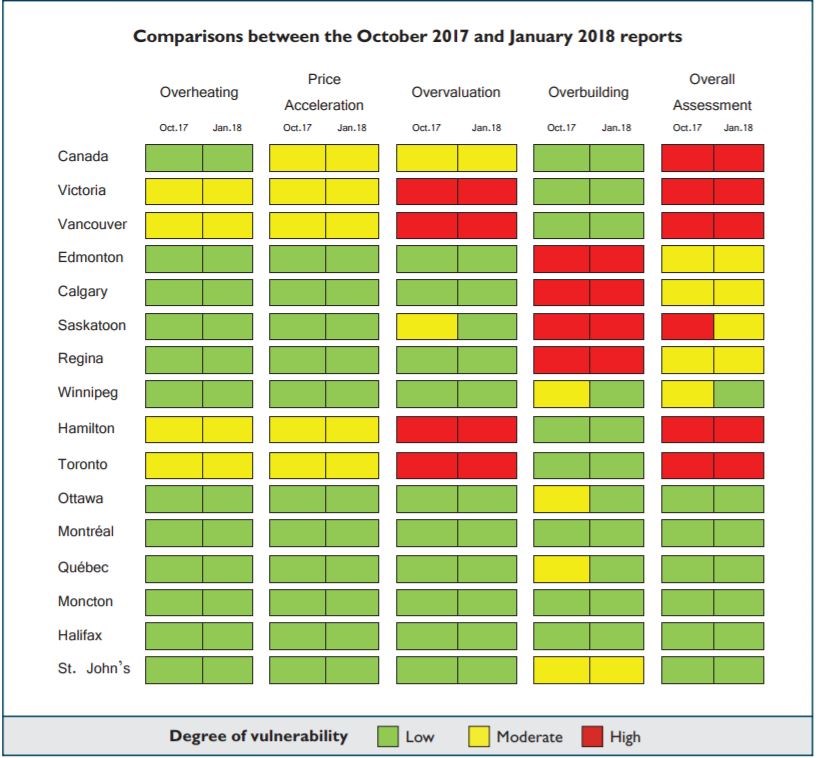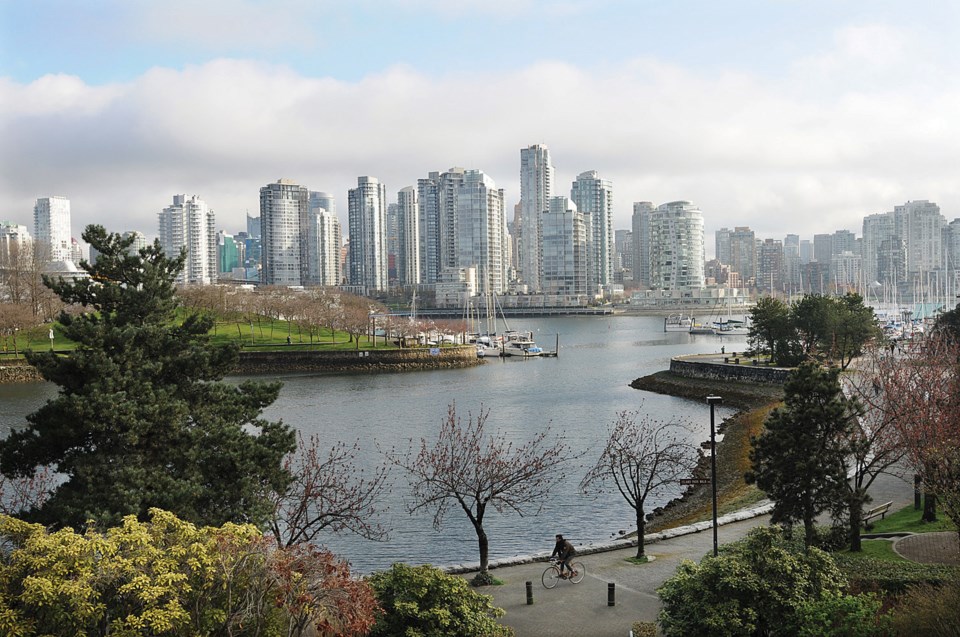Vancouver’s real estate market is “showing a high degree of vulnerability” – for the seventh quarter running, according to Canada Mortgage and Housing Corporation’s (CMHC) latest quarterly report.
The , issued January 30 and assessing activity in 2017‚Äôs third quarter, found that the ¬È∂π¥´√Ω”≥ª≠Census Metropolitan Area‚Äôs housing market ‚Äúcontinues to be rated as having a high degree of vulnerability.‚Äù
The report continued, “CMHC’s valuation models continue to signal strong evidence of overvaluation as [Vancouver’s] house prices exceed fundamentals [such as local income and economic growth].”
The quarterly Housing Market Analysis assesses real estate markets across Canada, using four key risk factors: overheating, when demand for homes in the region outpaces supply; sustained acceleration in house prices; overvaluation of house prices in comparison with levels that can be supported by economic fundamentals; and overbuilding, when the inventory of available homes exceeds demand.
Condos outpacing detached homes
The CMHC found only “moderate” evidence of price acceleration when looking at Metro Vancouver’s overall market, but it pointed out that low price acceleration among detached homes was offsetting extremely high price growth among condos and townhomes.
The CMHC said, “Overheating continues to be detected, as demand for multi-family units remains elevated, largely due to their relative affordability compared to single-detached homes. As a result, inventories of both new and resale multi-family units are at or near all-time lows.
The report added, “Builders have responded to growing prices with higher starts, but evidence of overbuilding remains weak. Both the inventory of unabsorbed new homes and apartment rental vacancy rates remain low.”
Across the country, Canada as a whole was also deemed to have “strong evidence of problematic conditions,” despite none of the above four factors being assessed at high risk.
Victoria saw a virtually identical assessment to Vancouver’s, as did Toronto and Hamilton, while resource-dependent cities tended to see the reverse, showing evidence of overbuilding.




